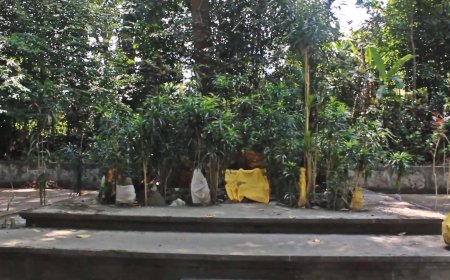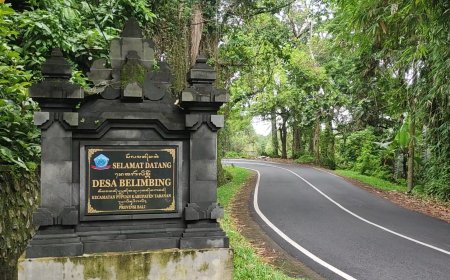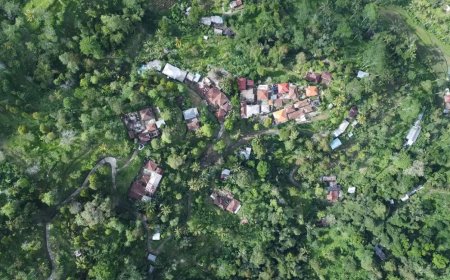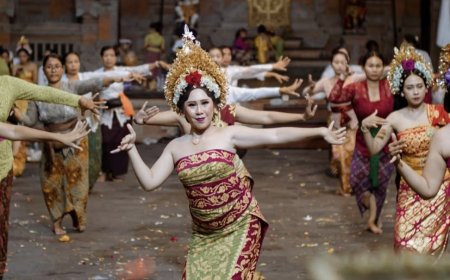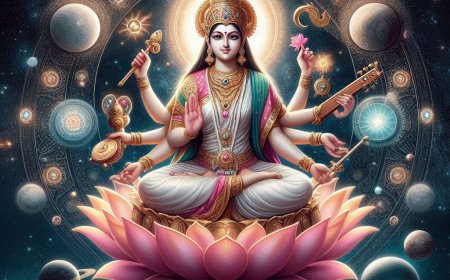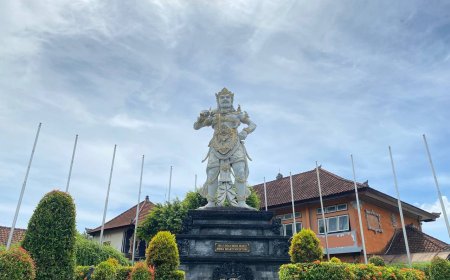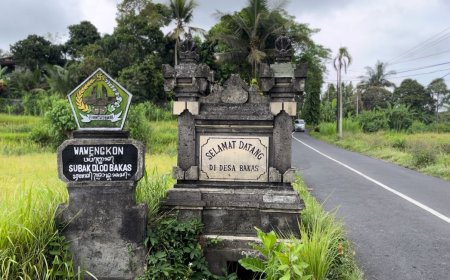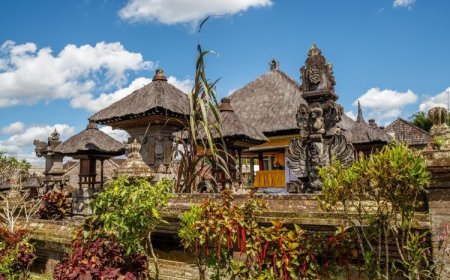Punduk Dawa Traditional Village: Beauty, Traditions, and Sacred History of Pura Pasek
Punduk Dawa Traditional Village is a village located in Dawan District, Klungkung Regency, Bali. This village is renowned for its distinctive natural beauty, well-preserved traditions, and its significant role as a spiritual center for the Hindu community in Bali. Punduk Dawa Traditional Village is also a symbol of Bali's cultural richness, blending ancestral heritage with harmonious community living.
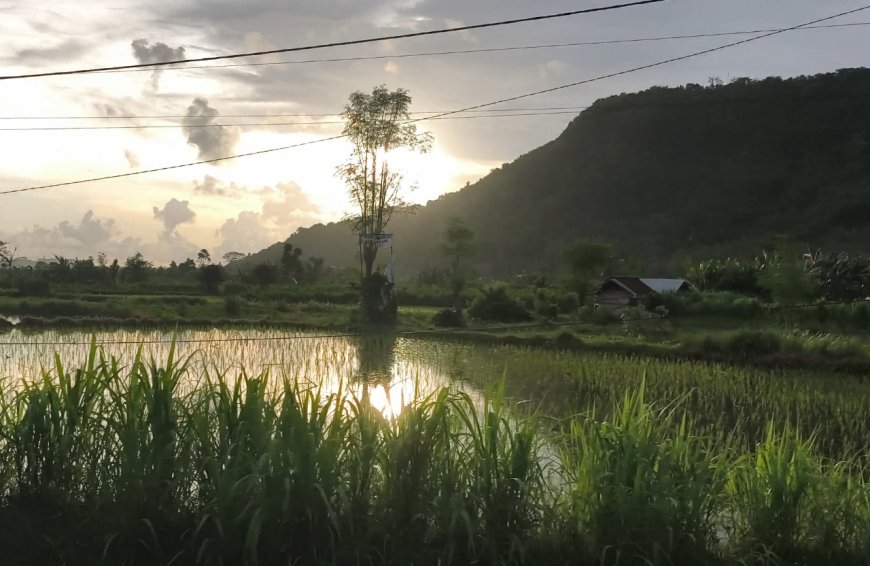
The history of Punduk Dawa Traditional Village is closely tied to the development of Hinduism in Bali. The name "Punduk Dawa" comes from the Balinese language, where "Punduk" means back or hill, and "Dawa" means long. This name reflects the village's topography of elongated hills. The village has a long history associated with the Klungkung Kingdom, playing a crucial role in spreading Hindu culture and religion. To this day, the people of Punduk Dawa Traditional Village continue to uphold the ancestral traditions passed down through generations.
One unique feature of Punduk Dawa Traditional Village is the Mabubu tradition, a distinctive ritual carried out by the community on Pangrupukan Day, the day before Nyepi (Balinese Day of Silence). This tradition is aimed at purifying the village from negative influences and evil spirits.
The Mabubu procession begins with the sound of bamboo drums (kentongan) at the community hall (bale banjar), signaling villagers to gather at Pura Puseh. Participants carry 'bubu,' bundles of dried coconut leaves shaped into tubular forms, and parade them from the southern end of the village to the cemetery (setra). Along the way, the bubu are set aflame, symbolizing the burning of all negative elements. The procession concludes with the final burning of the bubu at the cemetery as a symbol of total purification of the village.
Another highlight of the village is its temples, which serve as spiritual centers for the local community. The Pura Penataran Agung Catur Parhyangan Ratu Pasek is the main temple in this village. This temple not only holds high spiritual value but also symbolizes unity among the Pasek clan, both in Bali and beyond. The architectural uniqueness of Pura Penataran Agung combines traditional Balinese design with modern touches, such as an elevator facility to ease access for the elderly and priests. This temple frequently hosts major religious ceremonies involving numerous priests and Hindu devotees.
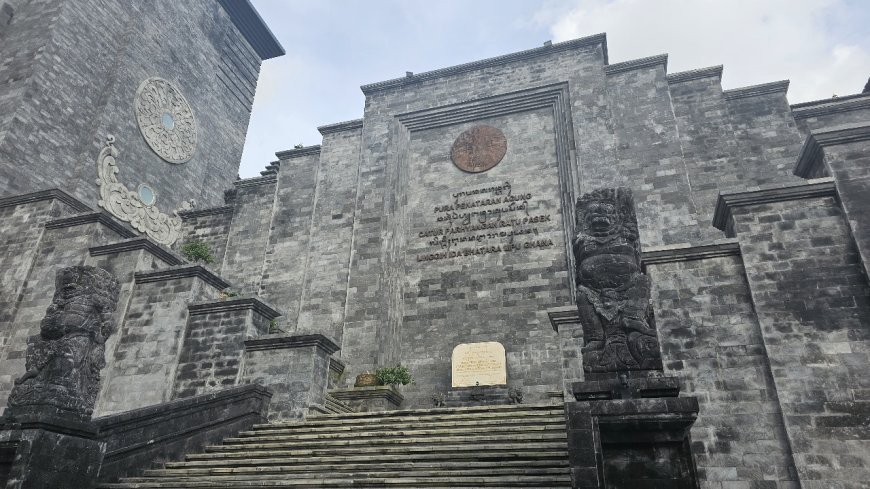
Pura Penataran Agung Catur Parhyangan Ratu Pasek (Photo Source: Personal Collection)
Apart from Pura Penataran Agung, Punduk Dawa Traditional Village is home to several other important temples. Pura Dalem, for example, is dedicated to worshiping ancestors' spirits and Lord Shiva in his purifying aspect. Pura Puseh serves as a center for worshiping Lord Vishnu as the guardian of balance and provider of prosperity. Pura Desa is a communal space for the village's traditional activities and ceremonies. Pura Melanting, dedicated to Goddess Lakshmi, is a site where traders seek blessings for their businesses. Pura Taman Beji is used for purification rituals or Melukat before performing ceremonies at other temples. Meanwhile, Pura Subak honors Dewi Sri, the goddess of fertility, highly revered by farmers.
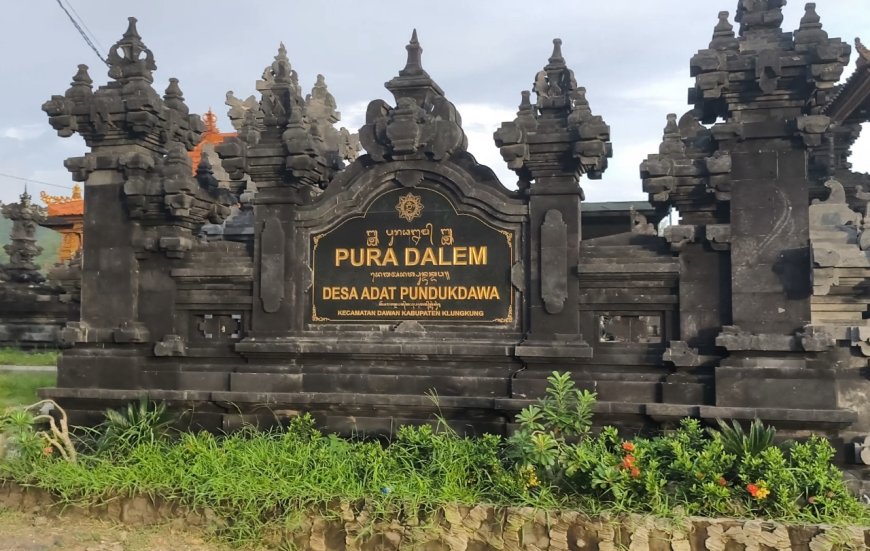
Pura Dalem of Punduk Dawa Traditional Village (Photo Source: Personal Collection)
The traditions and customs in Punduk Dawa Traditional Village are integral to the daily lives of its people. Religious ceremonies such as Melasti, Ngusaba Desa, and various other rituals are regularly conducted to maintain balance between the sekala (tangible) and niskala (spiritual) worlds. Traditional dances and music are also key aspects of the village's heritage. Rejang Dance and Baris Dance are often performed during ceremonies, accompanied by distinctive gamelan music. The active involvement of the younger generation in preserving arts and culture reflects the strong intergenerational bond in safeguarding ancestral heritage.
Daily life in Punduk Dawa Traditional Village is deeply influenced by traditional values and customs. Most residents work as farmers, cultivating rice fields and plantations using environmentally friendly traditional methods. Besides farming, the community also engages in handicrafts such as bamboo weaving and traditional fabric making. These crafts are not only for local use but are also popular among tourists as unique Balinese souvenirs. Gotong royong (mutual cooperation) is a core value in daily life, where villagers help each other in various activities, from preparing for ceremonies to developing the village's infrastructure.
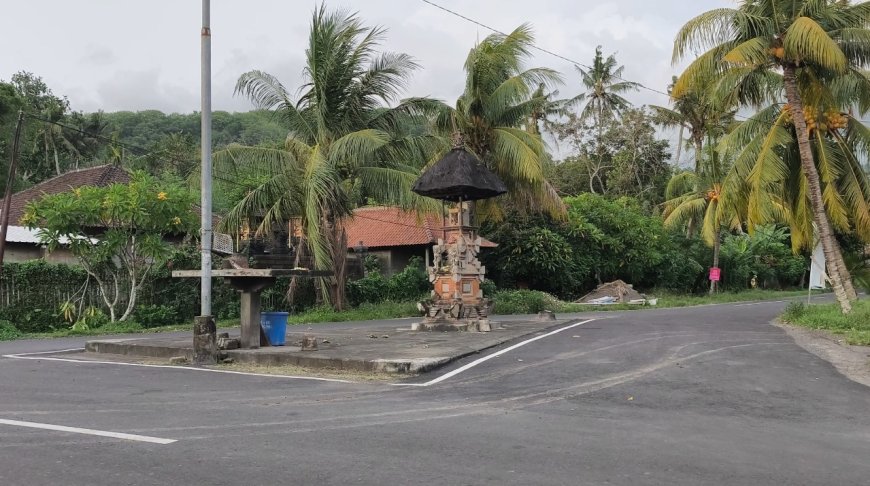
The Roads of Punduk Dawa Village (Photo Source: Personal Collection)
The natural beauty of Punduk Dawa Traditional Village is an attraction in itself for tourists. Rolling green hills, vast rice fields, and the serene rural atmosphere offer visitors an authentic experience. Tourists can also visit traditional homes maintained by local residents, providing a tangible glimpse into ancient Balinese architecture. With its spiritually rich temples, the village is also an appealing destination for religious tourism.
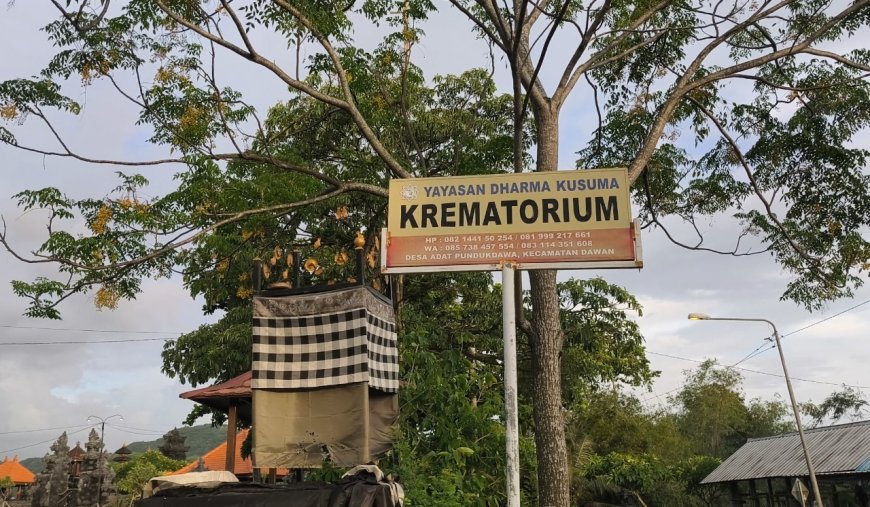
Krematorium of Punduk Dawa Traditional Village (Photo Source: Personal Collection)
One unique facility in Punduk Dawa Traditional Village is its crematorium, used for performing ngaben or cremation ceremonies in accordance with Balinese Hindu traditions. The crematorium serves not only the villagers but also people from outside the village who need similar facilities.
This crematorium symbolizes modernization while preserving traditional Hindu values. The cremation process is carried out in adherence to customary rituals as prescribed by religious teachings. Its existence not only simplifies the ngaben process logistically but also reduces the environmental impact of open-air cremations.
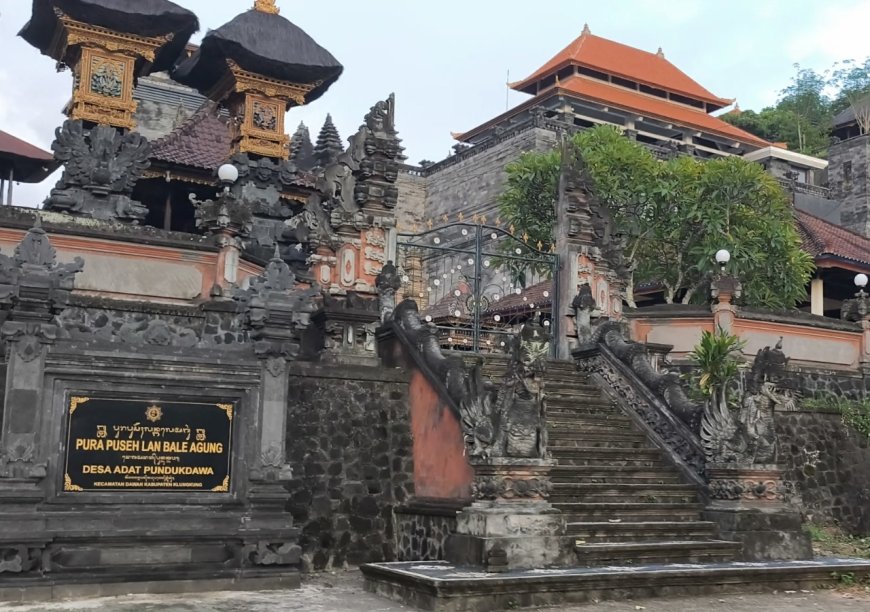
Pura Puseh of Punduk Dawa Traditional Village (Photo Source: Personal Collection)
Looking ahead, Punduk Dawa Traditional Village aspires to remain a prime example of how tradition and modernity can coexist harmoniously. With its cultural potential and natural beauty, the village has a great opportunity to thrive as a well-known cultural tourism destination. Additionally, its spiritually rich temples could serve as centers for studying and researching Hinduism and Balinese culture.
Punduk Dawa Traditional Village is more than just a place of natural and cultural beauty; it is a reflection of harmony between humanity, nature, and spirituality. With a spirit of mutual cooperation and a commitment to preserving ancestral heritage, the village stands as one of the finest examples of Bali's invaluable cultural wealth.
